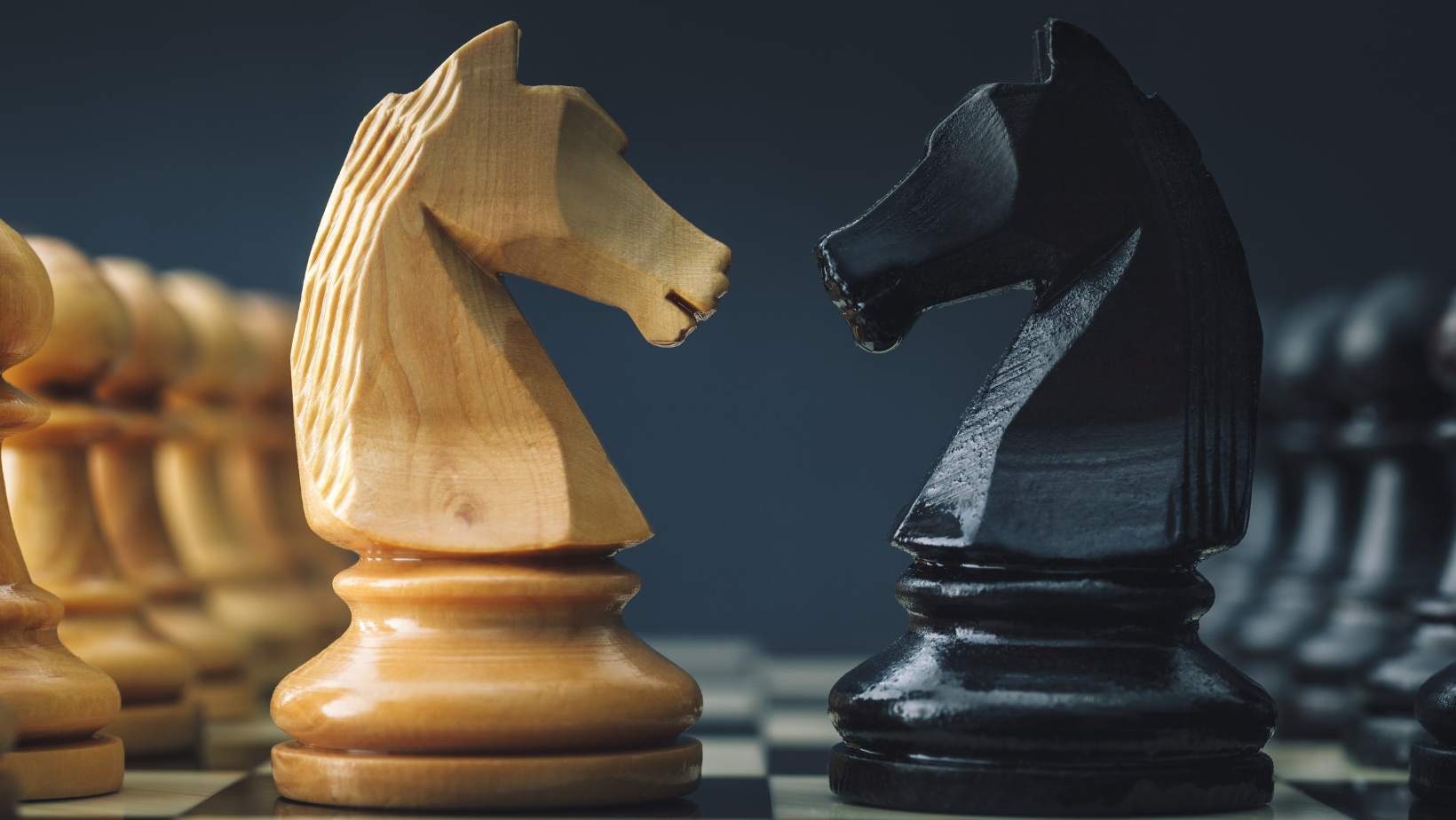On July 20, chess enthusiasts around the world come together to celebrate International Chess Day, a day dedicated to the timeless game that has captivated minds for centuries. This annual celebration, recognized by the United Nations Educational, Scientific, and Cultural Organization (UNESCO), serves as a testament to the enduring popularity and cultural significance of chess.
The origins of chess can be traced back to ancient India, where a game called “chaturanga” bore striking similarities to the modern version we know today. As the game spread through Persia, the Byzantine Empire, and the Arabian Empire, it underwent various transformations, eventually making its way to Europe and beyond. By the 15th century, chess had evolved to closely resemble its current form, with standardized rules and pieces.
One fascinating aspect of chess’s history is the influence of Islamic culture on the game’s pieces. Due to religious prohibitions against creating statues of people or animals, chess pieces in Islamic regions often took on abstract forms, leading to the distinctive shapes we recognize today. This cultural exchange highlights the game’s ability to transcend borders and bring people together.
As chess continued to spread, it became associated with intellect, strategy, and power. Royalty and nobles embraced the game, and it soon became known as the “royal game” in England. The 19th century saw the rise of organized chess competitions, with the first major international event taking place in 1834 between leading French and British players. These events, along with the introduction of standardized chess sets and reliable timing mechanisms, contributed to the game’s growing popularity and prestige.
International Chess Day, celebrated annually on July 20, marks the founding of the International Chess Federation (FIDE) in 1924. FIDE has played a crucial role in promoting chess worldwide, organizing international tournaments, and establishing official rules and rankings. The day serves as an opportunity for chess lovers to come together, participate in tournaments, and share their passion for the game.
Beyond its competitive nature, chess offers numerous benefits to players of all ages. Studies have shown that playing chess can improve critical thinking skills, enhance problem-solving abilities, and boost creativity. The game’s complex strategies and endless possibilities provide a mental workout that keeps the brain sharp and engaged. Chess has even been used as a tool for education, with many schools incorporating it into their curricula to promote logical thinking and concentration.
International Chess Day is not only a celebration of the game itself but also a recognition of its power to unite people across cultures and generations. Chess knows no boundaries, and its universal language of strategy and intellect brings together players from all walks of life. Whether played in person or online, chess fosters a sense of community and camaraderie among its enthusiasts.
As we mark International Chess Day on July 20, let us appreciate the rich history and enduring appeal of this timeless game. Whether you are a seasoned grandmaster or a curious beginner, take a moment to enjoy a game of chess, challenge your mind, and connect with others who share your passion. In a world that often seems divided, chess reminds us of the common ground we share and the endless possibilities that arise when we engage our intellect and creativity.
So, on this special day, let us raise a toast to the game of kings, the sport of the mind, and the universal language that brings us all together. Happy International Chess Day!
